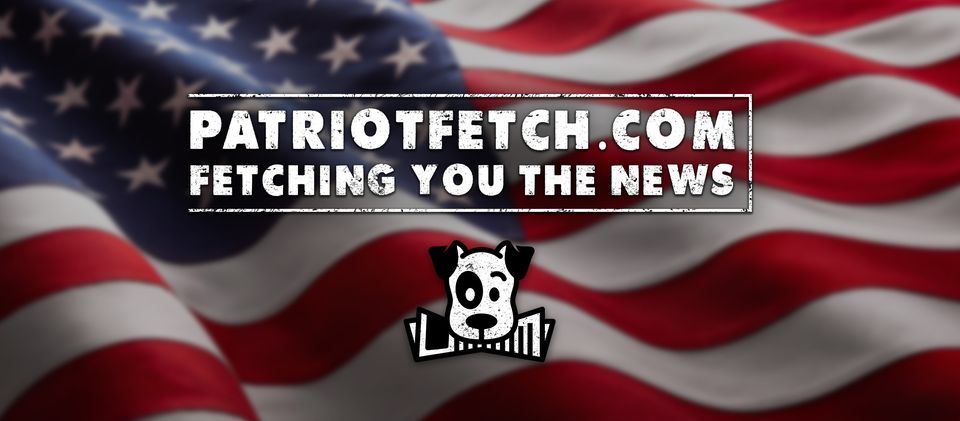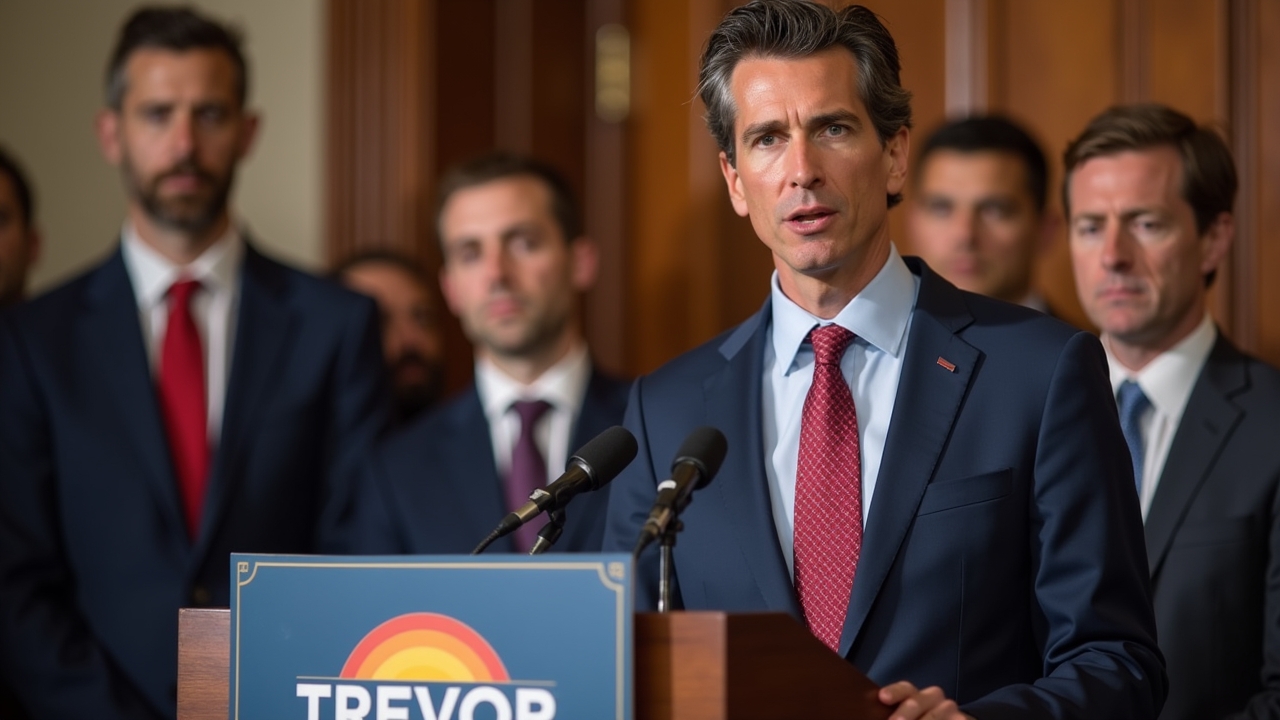PROTECT YOUR DNA WITH QUANTUM TECHNOLOGY
Orgo-Life the new way to the future Advertising by AdpathwayAnalysis of Recent U.S.-Colombian Relations and Drug Policy Actions
President Donald Trump’s firm decision to cut all U.S. financial aid to Colombia marks a significant shift in foreign policy, pivoting from decades of support to a hardline stance amid escalating tensions. By directly linking Colombia’s President Gustavo Petro to the illegal drug trade, Trump has raised the stakes in a complex situation that blends diplomatic relations with national security concerns. The declaration that Petro’s administration is fostering a thriving drug industry reflects a broader critique of current efforts to combat narcotics trafficking.
Trump’s post on social media accused Petro of failing to curtail narcotics production, alleging that the president had transformed the drug trade into Colombia’s leading industry. He stated, “President Gustavo Petro, of Colombia, is an illegal drug leader strongly encouraging the massive production of drugs, in big and small fields, all over Colombia.” His unequivocal assertion that U.S. payments would cease as of the announcement underscores Trump’s willingness to forego decades of alliance over what he perceives as tangible threats to American lives. The nearly $10 billion in aid provided since 2000 comes with expectations of accountability, which, according to Trump, have not been met.
This aggressive posture occurs against a backdrop of ongoing military actions targeting drug traffickers, further complicating relations. The U.S. military has conducted lethal strikes on vessels suspected of drug trafficking in international waters, resulting in the deaths of at least 29 individuals connected to these operations. Trump characterized these attacks as part of a justified effort to dismantle drug cartels, insisting that it was “a great honor to destroy a very large DRUG-CARRYING SUBMARINE.” These strikes, however, pose legal and ethical dilemmas, with critics questioning compliance with international law and the potential for civilian casualties.
Petro’s response was both defensive and accusatory. He labeled Trump’s statements as “baseless” and warned that they could incite violence. This back-and-forth highlights a deepening divide between the two leaders, particularly as they approach issues of drug policy and regional security. Petro’s attempts to shift Colombia’s focus toward economic solutions, including proposals for decriminalization, contrast sharply with what Trump describes as a failure to combat drug trafficking effectively.
The termination of U.S. aid raises alarms about future security cooperation. Analysts suggest that ending this support could jeopardize joint operations aimed at countering narcotics. U.S. figures indicate Colombia’s dominant role in cocaine production, with cultivation significantly increasing in recent years. The ongoing American demand for cocaine, coupled with the intertwined nature of cocaine and fentanyl trafficking, makes this a pressing issue that extends beyond Colombian borders.
Furthermore, the implications of this policy shift could reach far beyond Colombia. A reduction in U.S. involvement may provide opportunities for rival nations like China or Russia to extend their influence by offering alternative support to Colombia. This potential shift underscores the strategic landscape in Latin America, which is increasingly influenced by competing geopolitical interests.
As overdoses and fentanyl-related deaths rise alarmingly in the U.S., the urgency of addressing the drug crisis hangs heavy over these policy decisions. A senior national security official emphasized the dire situation, stating, “We cannot keep handing billions to a government that turns a blind eye to criminals whose only goal is to poison our communities.” This sentiment captures the apprehension surrounding not only the effectiveness of foreign aid but also its consequences on the domestic front.
However, the recent U.S. military actions in international waters remain contentious. Legal experts and international watchdogs have raised significant concerns regarding the legality of this intervention without a clear imminent threat or host consent. The specter of violating international norms complicates the narrative of Trump’s hardline approach, raising questions about the long-term ramifications of such a strategy.
In conclusion, the unraveling of U.S.-Colombian relations signifies a pivotal moment in the fight against drugs and how America engages with Latin America. The fallout from these decisions could reshape partnerships that have been instrumental for years. As both nations navigate this uncharted territory amidst rising violence and clashing political agendas, the prospects for future cooperation become increasingly uncertain.
"*" indicates required fields


 2 days ago
3
2 days ago
3
















.jpg)






 English (US) ·
English (US) ·  French (CA) ·
French (CA) ·